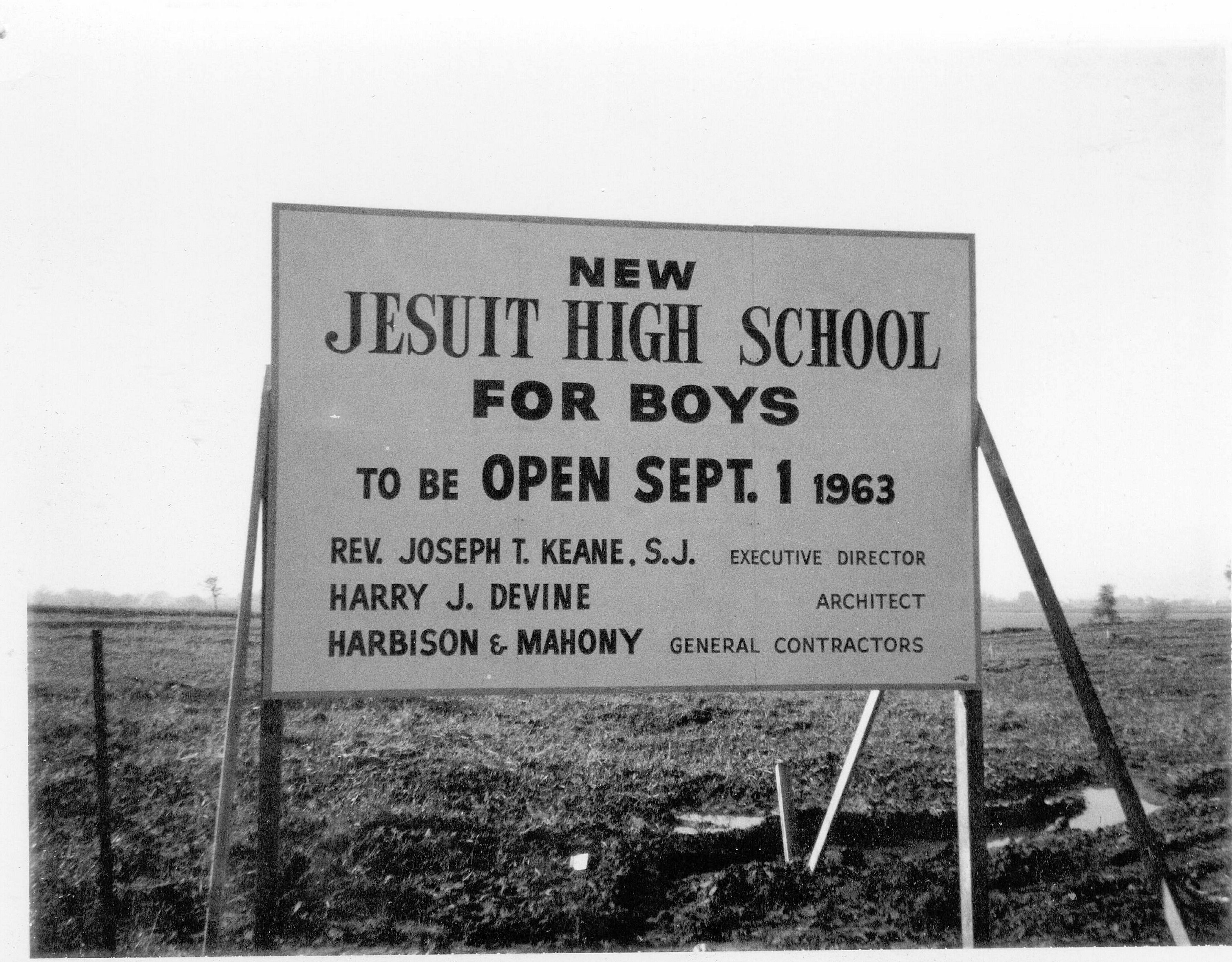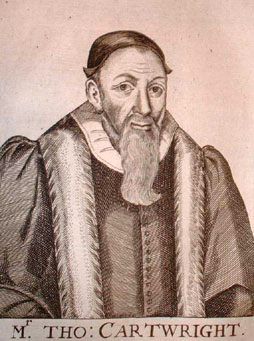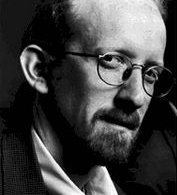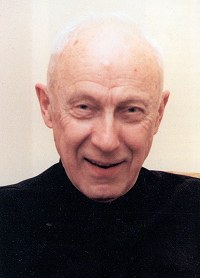As an objective viewer looks at the modern world, what does he see? And this is especially in nations like our own. Speaking at the end of a special synod, again Pope Paul VI told the assembled bishops that the world today is in a large measure a Godless and Christless world.
Said the Holy Father, "In many parts particularly among the young the Christian faith is almost unknown." Why, because of the widespread dissemination of atheism.
Why because the process of secularization has gone so far that evangelization has to be begun all over again in nations that were once professedly Christian and even Catholic. But, "even where the presence of the Church has previously been very strong, only a small number take an active and full part in the life of the Church." John Paul II., December 1991.We don't begin to begin to understand how desperately faith in the Real Presence must be restored unless and until we realize how widely and deeply one once Christian nation after another has become de-Christianized. What are just some symptoms of this widespread de-Christianization? The almost universal legalization of the murder of the unborn, and not just of the unborn, but now as we know in our country, of those being born.
What are some of the symptoms of the secularization of our culture? The breakdown of family life to the point where in some countries divorce is automatic on the request of either one of the married partners. How do we know that one country after another is becoming paganized?
In the all but universal practice of contraception as an accepted way of avoiding the responsibilities of child rearing and, especially, in affluent nations like our own. In the growing practice of murdering the aged and those who are suffering physical pain.
All of this and much more gives us some idea of how widespread has been the secularization of the modern world.
Link (here) to The Real Presence















































